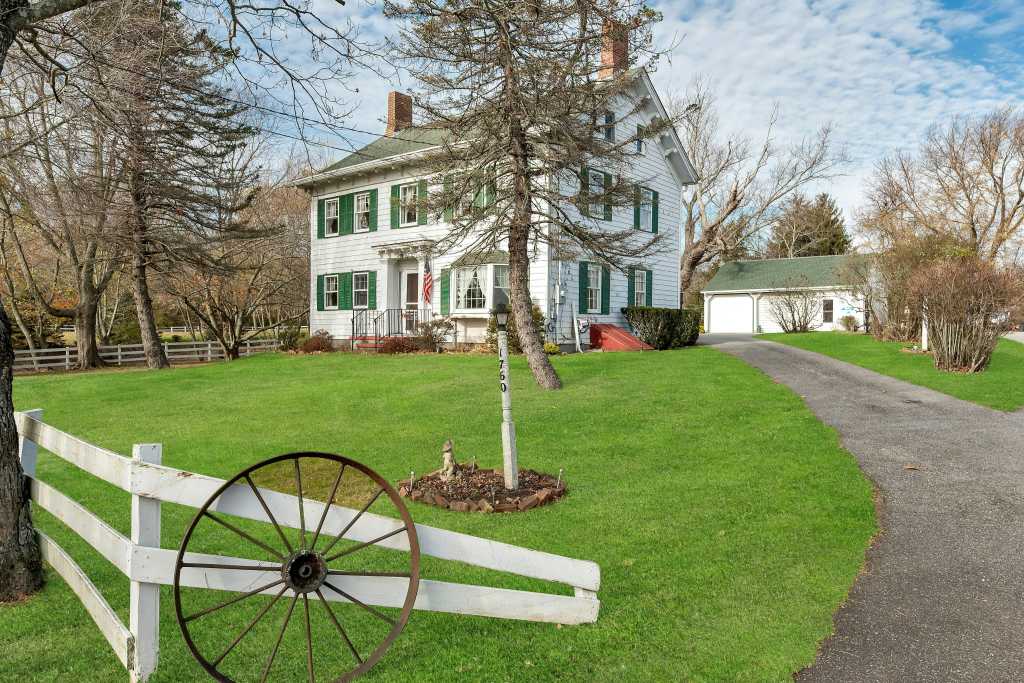The DEC Leaves Us Wondering

Just six months ago, the New York State Department of Environmental Conservation announced that it would rescind the permit of Sand Land and order the immediate reclamation of the sand mine and composting operation off Millstone Road in Bridgehampton.
Sand Land had been targeted by neighbors, environmentalists, and elected officials for years. Over a decade ago, the Southampton Town Zoning Board of Appeals ruled that many of the operations that had sprung up at the site, which included composting leaves and brush and processing of recycled construction debris, were not allowed.
After endless court fights and the release last year by the Suffolk County Department of Health Services of a report announcing the discovery of elevated levels of lead, manganese, and other pollutants at the site, it appeared the end was near for Sand Land.
This week, the DEC announced that Sand Land’s days are, in fact, numbered, but not in ways many opponents had hoped for. Instead, the DEC will allow Sand Land to continue mining for sand for another eight years and dig another 40 feet deeper to get it. At the same time, the company will be required to finish the reclamation of the entire 50-acre site within 10 years.
Although the DEC said the settlement would require Sand Land to monitor the groundwater and stop activities that could continue to pollute the site, neighbors can’t help but feel like they have been betrayed by the state agency charged with protecting the environment.
While most reasonable people would have accepted a timeframe for closure that gave the company another one or two years of operations, they can’t help but wonder what went on behind closed doors that resulted in such a lenient settlement.
Ironically, Sand Land’s owners have often cited the fact that they got into the business of processing storm debris at the request of Southampton Town, which, after Hurricane Bob in 1991, had no place to take the thousands of trees that had fallen. That gradually led to a lucrative business of processing incoming brush and leaves into outgoing compost and mulch.
Now, as part of the settlement, the DEC has ordered an immediate stop to the company accepting any more vegetative waste. That means higher prices as landscapers are required to travel farther to dump their loads. And it means more homeowners might haul their own leaves to the town recycling center in North Sea, which is already approaching capacity limits under its own DEC permit.








